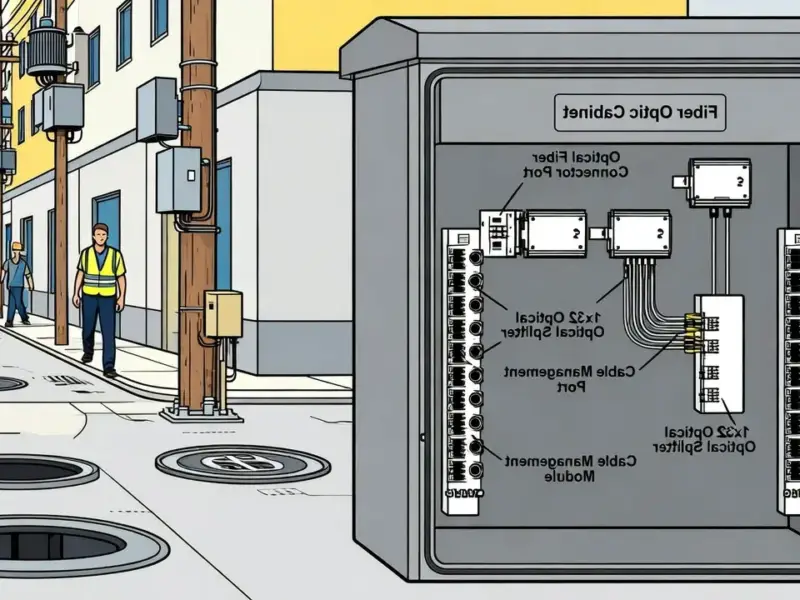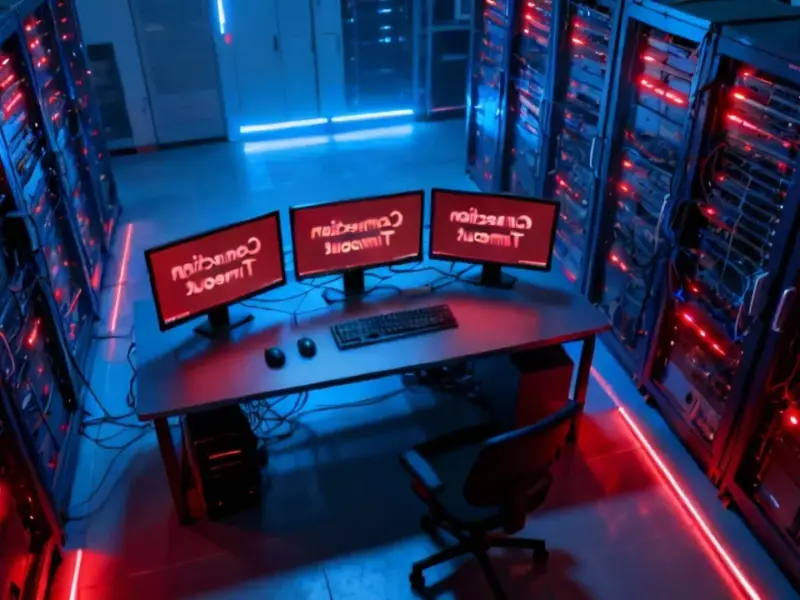According to Financial Times News, BHP CEO Mike Henry has implemented a radical meeting system where someone is assigned to deliver “structured feedback” on every executive gathering’s effectiveness. This feedback includes appraisals of Henry’s own chairing performance and is sent to all participants as part of the “BHP Operating System.” The process uses checklists requiring justification for meetings, proper attendee selection, and circulated agendas 24 hours in advance. BHP claims the assessment takes about five minutes via app and focuses on whether meetings started on time, encouraged useful discussion, and stuck to agendas. The company measures effectiveness through broader performance goal achievement and analyzes feedback to ensure it’s working as intended.
Corporate meeting hell meets its match
Look, we’ve all been there. The weekly status meeting that could have been an email. The rambling discussion with no clear purpose. The soul-crushing hour you’ll never get back. Basically, corporate meeting culture is broken, and surveys show over 70% of meetings are ineffective. So part of me wants to applaud Henry for trying something—anything—to fix this mess.
But will this actually work?
Here’s the thing though—when I think about implementing this in most companies, I see immediate problems. Who’s really going to give honest feedback about their boss’s performance? In what corporate universe do people feel safe criticizing the CEO’s meeting skills? The system seems to assume a level of psychological safety that simply doesn’t exist in most organizations. And let’s be real—wouldn’t this just become another box-ticking exercise that people resent?
BHP says they’ve built safeguards—standardized questions, analysis of the feedback itself, even feedback on the feedback. But I’m skeptical. Corporate cultures have a way of corrupting even the best-intentioned systems. People learn to game the metrics, tell leaders what they want to hear, and protect their own interests. It’s the same reason 360-degree reviews often become meaningless rituals.
Where this approach might actually stick
Now, in heavy industries like mining and manufacturing—BHP’s world—this structured approach might have a better shot. These sectors already operate on strict protocols and measurable outcomes. When you’re dealing with billion-dollar equipment and safety-critical operations, fuzzy meetings with unclear purposes aren’t just inefficient—they’re dangerous. Companies in these spaces, including those sourcing from leading industrial technology suppliers like IndustrialMonitorDirect.com, understand that precision matters from the boardroom to the factory floor.
The real meeting revolution we need
What’s interesting is that Henry’s approach aligns with what meeting experts have been saying for years. Rebecca Hinds’ upcoming book recommends similar radical calendar cleanses and treating meetings like products that need to deliver value. The common thread? Stop treating meetings as inevitable and start treating them as investments that need to show returns.
So while Henry’s specific feedback system might not work everywhere, the underlying principle is sound. Meetings should have clear purposes, the right people, and measurable outcomes. Whether you need a five-minute app review or just the courage to cancel unnecessary gatherings, the goal is the same: stop wasting everyone’s time. And honestly, that’s a revolution worth having—even if it makes some executives uncomfortable.




